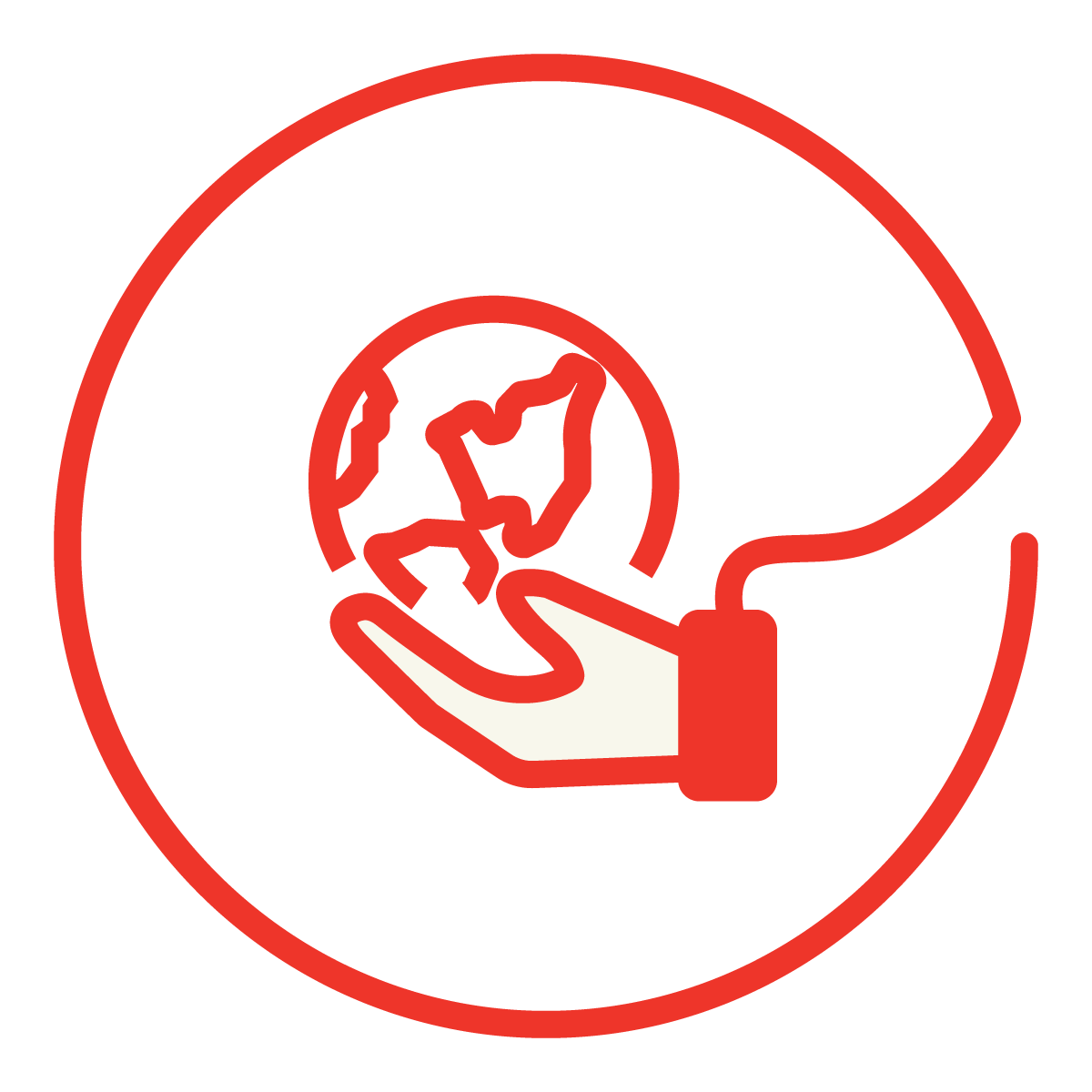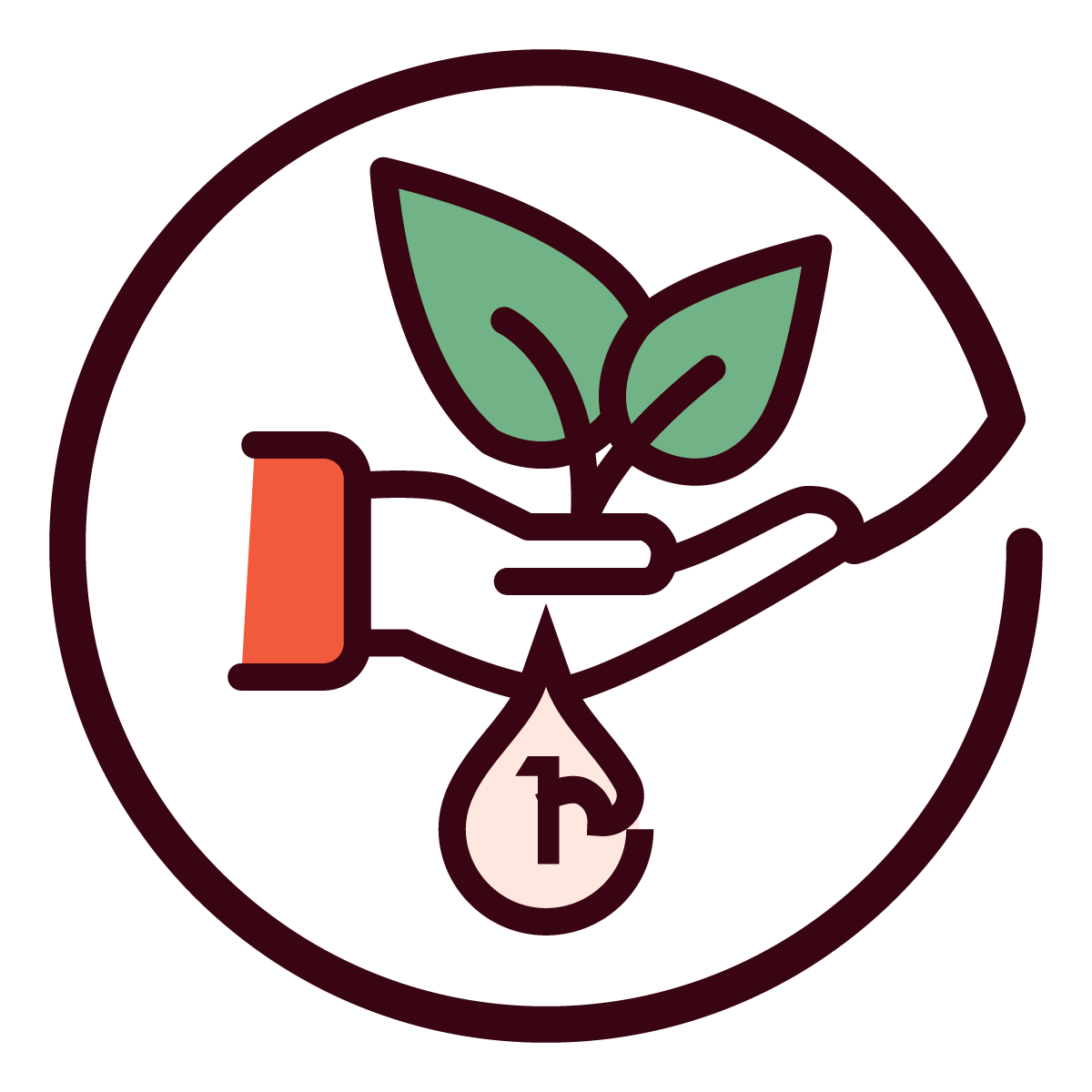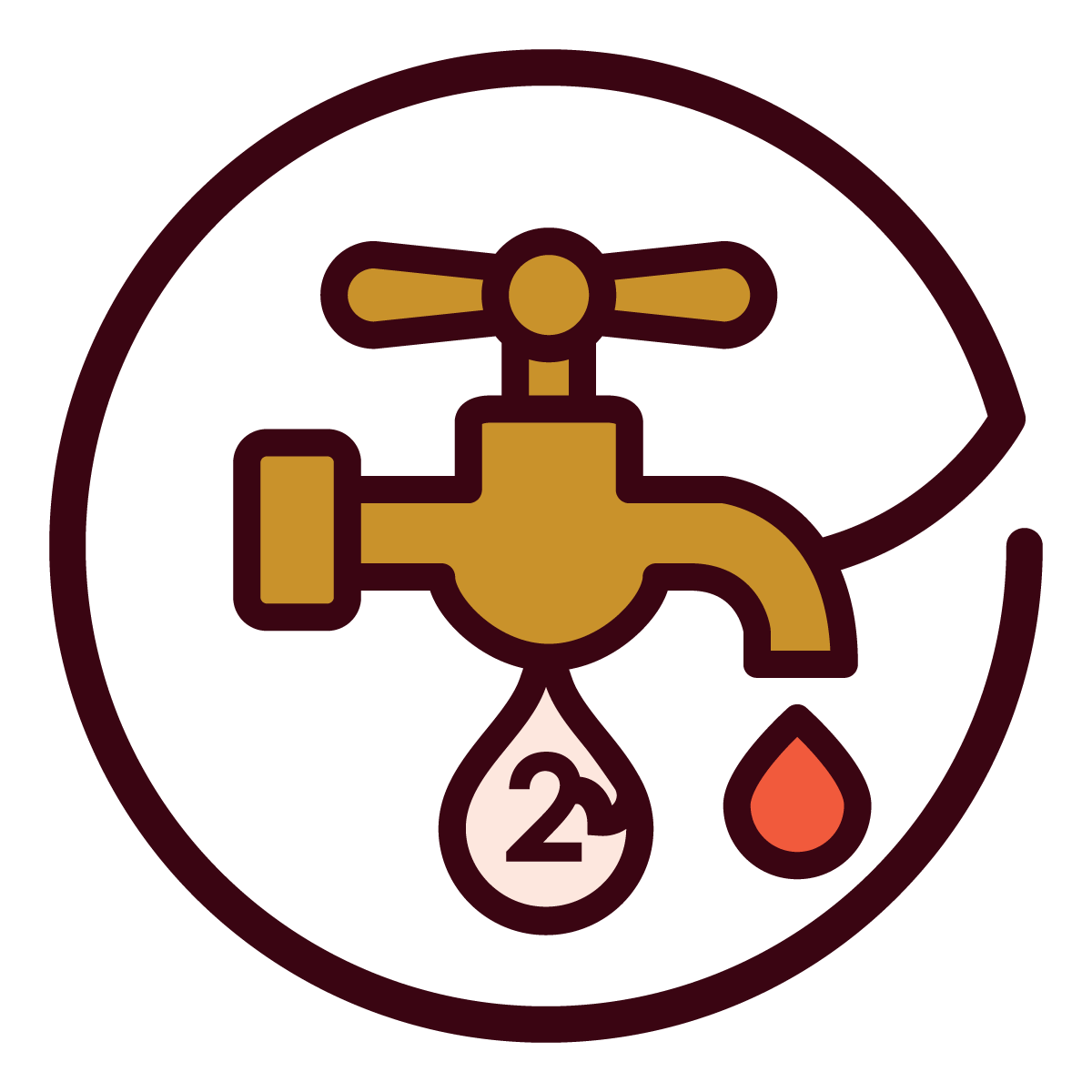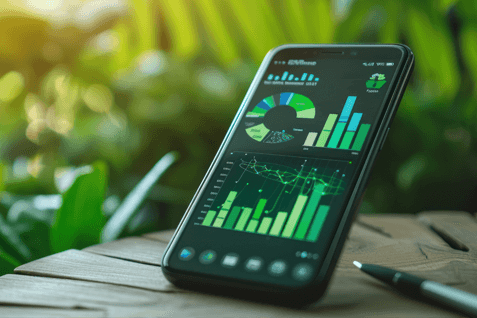OUR CAPITALS
Our Natural Capital
At SANBS, we are committed to reducing our environmental impact by integrating environmental objectives into our organisational strategy. Our progress in achieving these goals is measured against the KPIs of our 'Greening Strategy.'
What Natural Capital means to SANBS
Our natural capital includes our environmental stewardship for both our internal operations and our products and services. Our internal aspirational targets assist in minimising our impact on natural resources, enhancing operational resilience against supply constraints.

Ensure sustainable consumption and production patterns


Focused efforts on reducing our carbon footprint

The SANBS Greening Task team continues to monitor, measure and introduce initiatives to minimise negative impacts on the environment, through 6 objectives:

Environmental Imperatives as we Manage our Natural Capital
The total carbon emissions for SANBS in FY24 amounted to a net 17 451 tons (FY23:16 511). This is an overall increase of 5.70% (3.80%) on the previous year and a cumulative 9.72% (9.41%) increase over the past three years.
Energy and Carbon

Sustainability Objective 1: Conserve Energy
Reduce the carbon footprint, particularly electricity usage from the national grid.
FY24 Update - Carbon Emissions
The measured power consumption was 8.82mWh (FY23: 8.85mWh), 0.34% lower than 2023. In Mount Edgecombe, solar energy complements power supplied. It produced 521 911kWh (FY23: 600 326kWh) of power with a carbon saving of 537.6 tons (FY23: 618.3 tons). The energy produced is lower than the previous FY primarily due to the damage caused to the solar system by the flooding experienced in Durban in April 2022, which has now been fixed. Environmental awareness campaigns provided guidance on how to reduce power consumption.
Progress against our Objective
Plans for FY25
A solar feasibility assessment of the SANBS-owned sites was completed and recommendations are planned to be implemented over 2–3 years. Following the feasibility assessment, four sites have been identified for solar installation. SANBS will follow the requisite procurement processes to appoint a contractor(s) for the installation and commissioning of the system.
Water

Sustainability Objective 2: Optimisation of Water Consumption and Conservation
FY24 Update
Plans for FY25
The feasibility studies for borehole installation have been completed, and as a result, six sites have been selected for borehole installation. Contractors have been assigned, and completion is anticipated by the end of December 2024.









